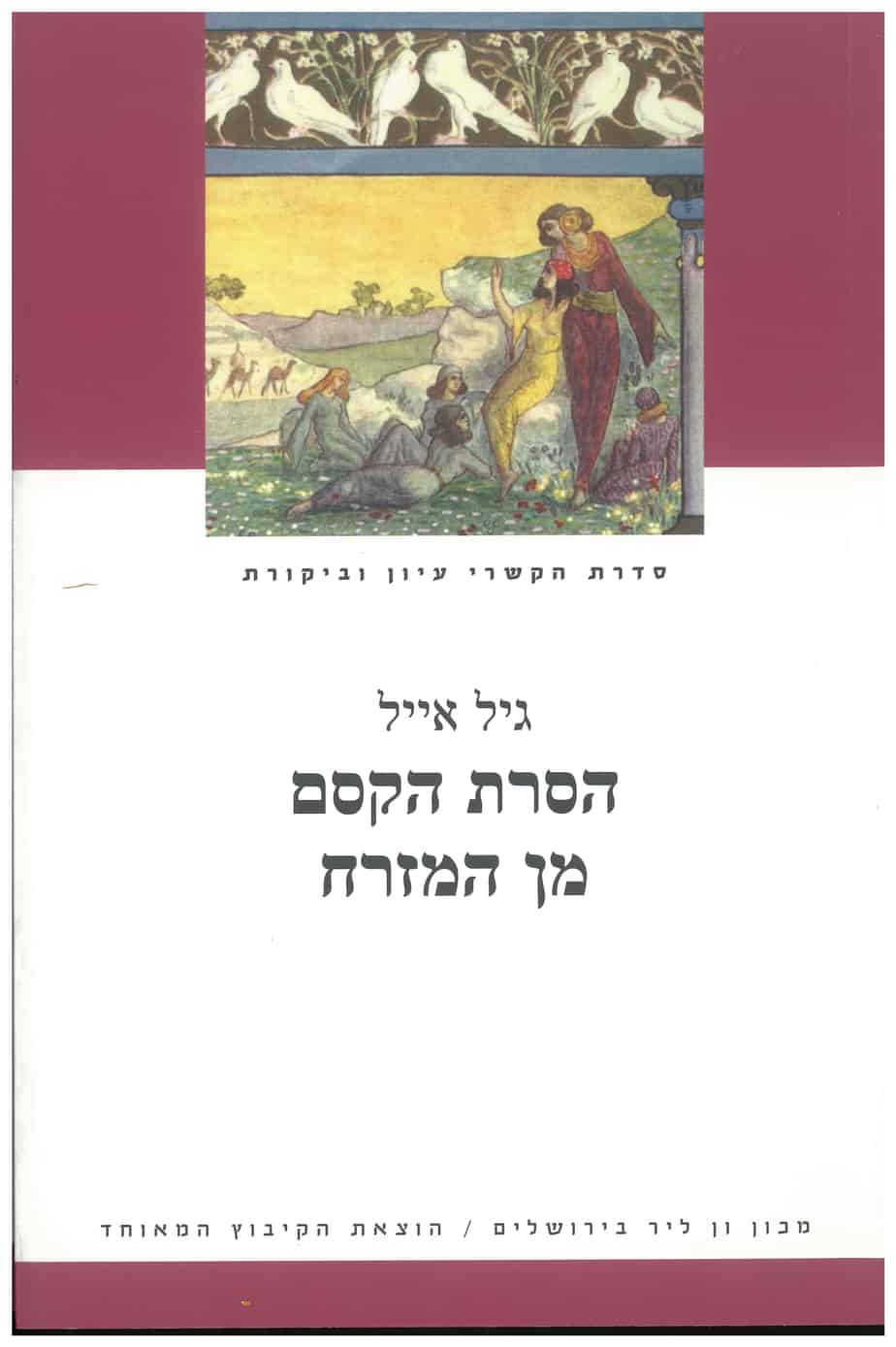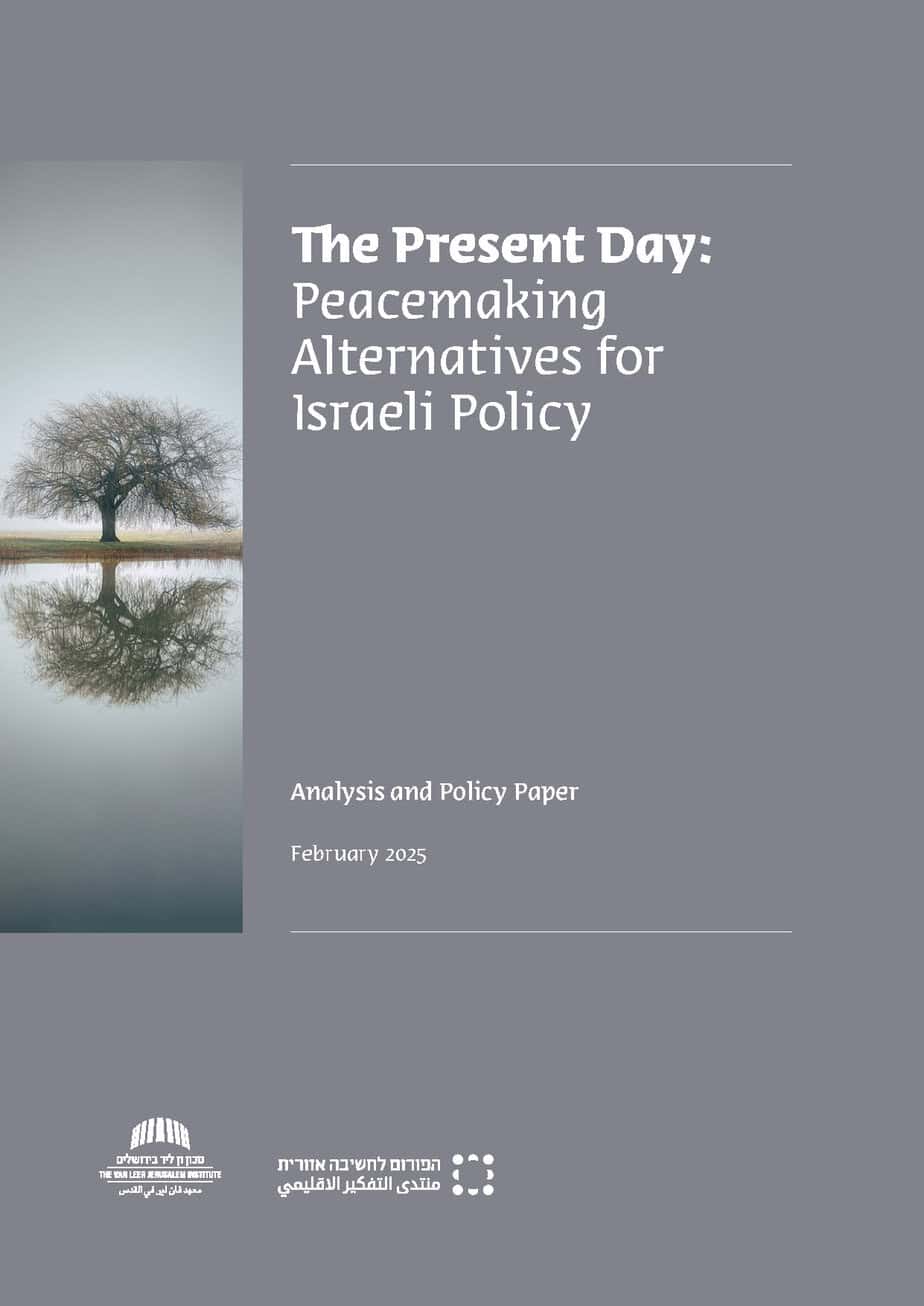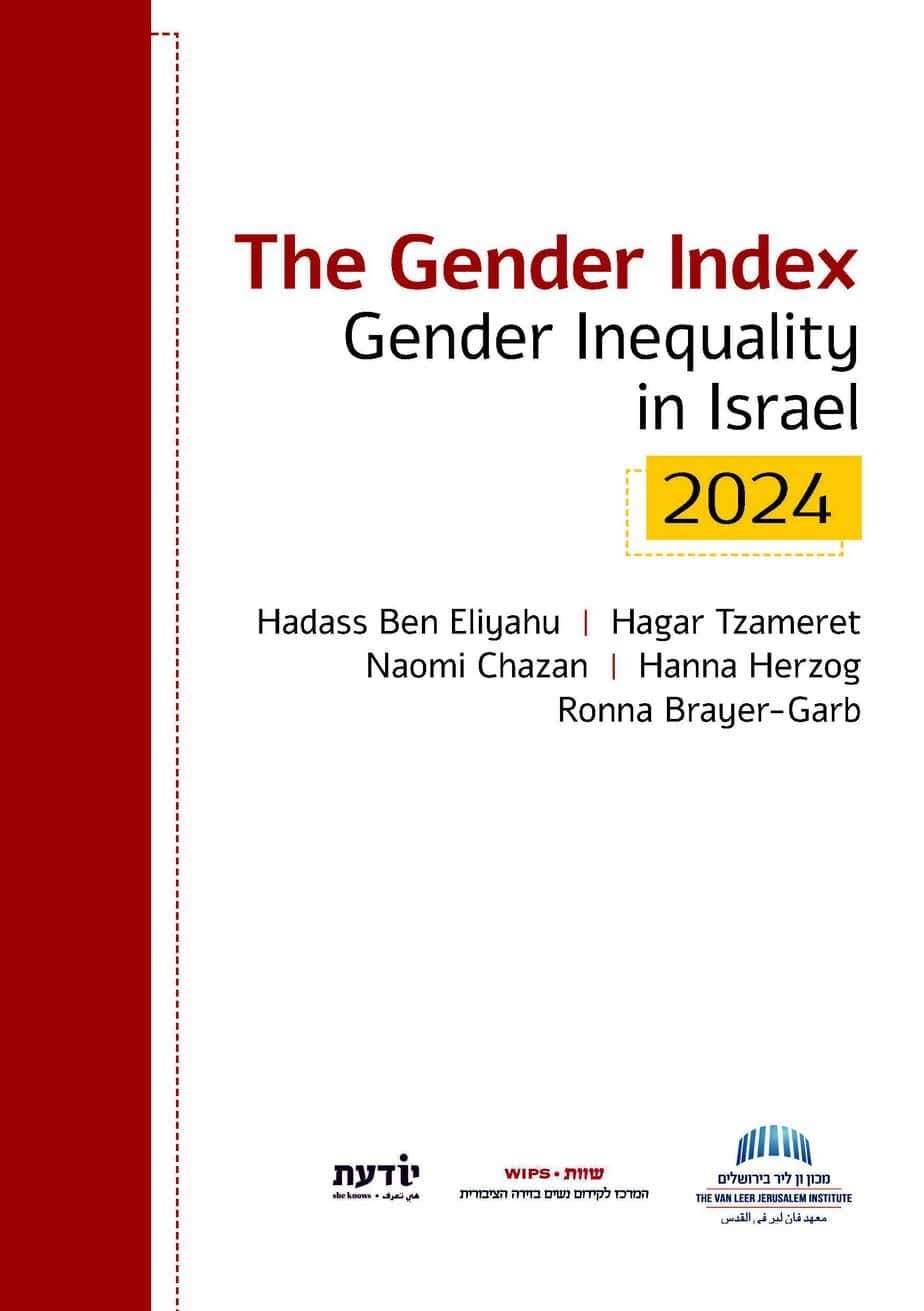The Disenchantment of the Orient
A History of Oriental Expertise in Israel
| By | Gil Eyal |
| Publisher | Van Leer Institute Press and Hakibbutz Hameuchad |
| Language | Hebrew |
| Year of Publication | 2005 |
| Series | Theory and Criticism in Context Series |
What is Orientalism and what is its role in Israeli society and culture? How has this role changed over the years? How were Arab Jews, that is, the "Mizrahi" Jews expunged from the discipline of Orientalism, and what is the significance of the fact that they are not included in this body of knowledge? What is the nature of the relations between Orientalist experts and the Israel Defense Forces and government institutions? These are some of the questions with which this original and pathbreaking book grapples.
Before the establishment of the state, Orientalism related to the Orient as the place of the Jews’ return to their ancient identity and as a metaphor for the renewal of the Jewish nation. The experience of the Orient was that of a marginal zone, between Jewishness and Arabness, populated by various hybrid characters—Musta'arabi Jews, Sephardic Jews, and fellahs—where it was possible to magically transform the old Diaspora Jew into the new Jew. After the establishment of the state, Orientalism took on a new and double role: supervision of the external and internal borders of Israelism and cleansing of the new hybrid characters that were created of necessity on the margins of those borders—infiltrators, Arab-Israelis, and Mizrahi Jews. Consequently, the experience of the Orient as a marginal zone between Judaism and Arabism has given way to the covert set of relations between Orientalism, which deals only with Arabs, and Mizrahism, from which all things Arab are repeatedly cleansed.




